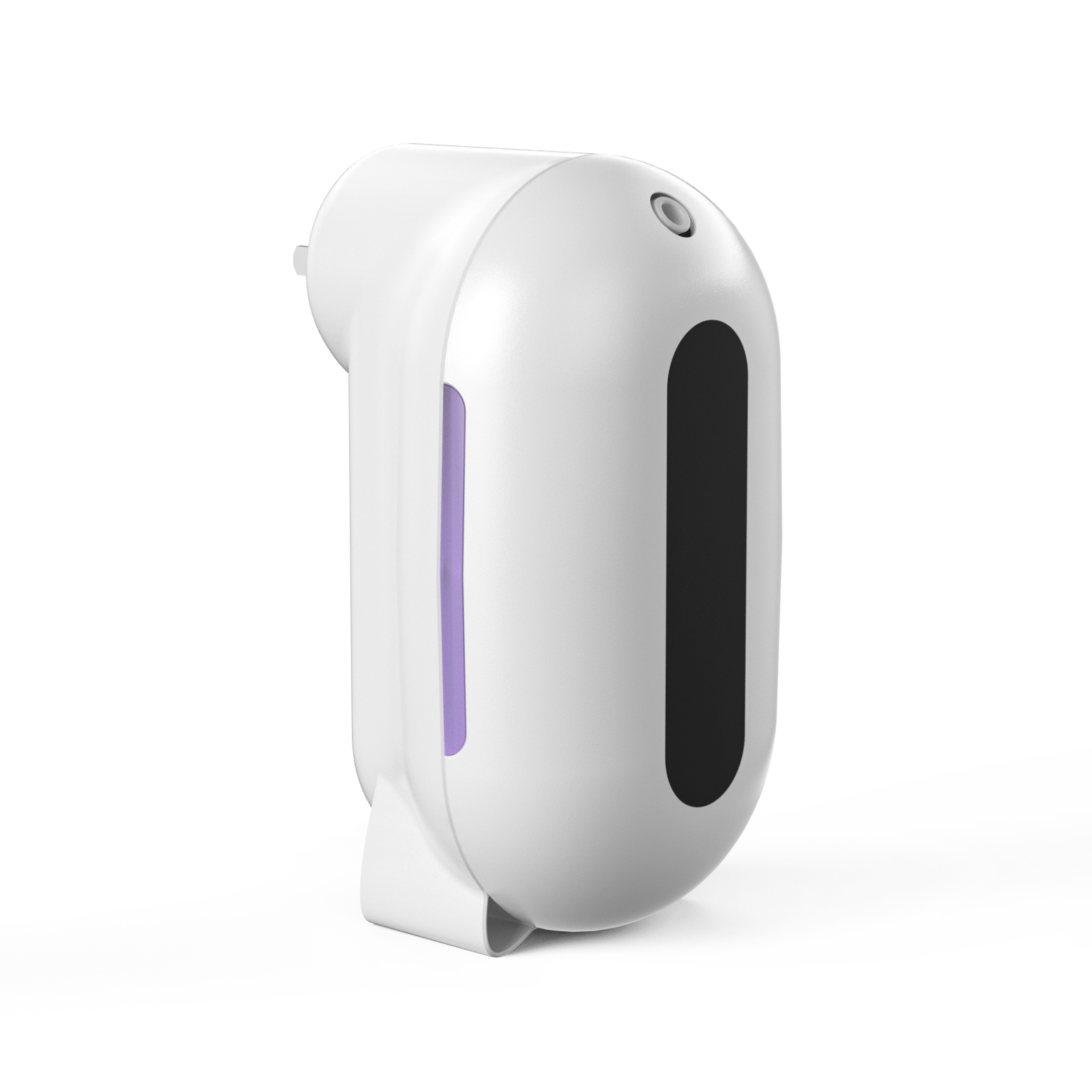HVAC Aromatherapy System: Enhancing Indoor Air Quality and Mood
Класіфікацыя: Блог Release Time: 2023-05-27 Pageviews: 3998
Indoor air quality is becoming increasingly important, as more and more people spend the majority of their time indoors. Poor indoor air quality can cause a variety of health problems, including headaches, allergies, and respiratory problems. Fortunately, there are a variety of ways to improve indoor air quality, including the use of HVAC aromatherapy systems.
HVAC aromatherapy systems are designed to enhance indoor air quality and mood by circulating essential oils through a building’s heating and cooling system. These systems work by using a diffuser to release essential oils into the air, which are then circulated throughout the building by the HVAC system. The oils can be customized to meet the needs of the occupants, and can be used to improve indoor air quality, reduce stress, and promote relaxation.
There are many benefits to using an HVAC aromatherapy system. First and foremost, these systems can improve indoor air quality by removing pollutants and allergens from the air. Essential oils like eucalyptus, tea tree, and peppermint have been shown to have antimicrobial properties, which can help to kill germs and bacteria in the air. Additionally, some essential oils have been shown to reduce the levels of indoor air pollutants like formaldehyde and benzene.
In addition to improving indoor air quality, HVAC aromatherapy systems can also have a positive effect on mood and well-being. Essential oils like lavender, chamomile, and bergamot have been shown to have calming properties, which can help to reduce stress and anxiety. Other essential oils, like peppermint and lemon, can have an energizing effect, which can help to improve focus and productivity.
Another benefit of HVAC aromatherapy systems is that they are easy to use and maintain. Once installed, the system can be programmed to release essential oils at specific times throughout the day, or can be controlled manually using a smartphone app. The diffuser and essential oils can be easily replaced as needed, and maintenance is generally minimal.

Of course, as with any technology, there are some potential drawbacks to using HVAC aromatherapy systems. One potential issue is that some people may be sensitive to certain essential oils, which could cause allergic reactions or other health problems. Additionally, while essential oils are generally safe, they can be toxic if ingested or used improperly. It is important to follow the manufacturer’s instructions carefully and to use caution when handling essential oils.
In conclusion, HVAC aromatherapy systems are a promising technology that can help to improve indoor air quality and mood. By using essential oils to purify the air and promote relaxation, these systems can create a healthier and more comfortable indoor environment. While there are some potential risks associated with their use, with proper care and maintenance, HVAC aromatherapy systems can be a safe and effective way to enhance indoor air quality and well-being.
























